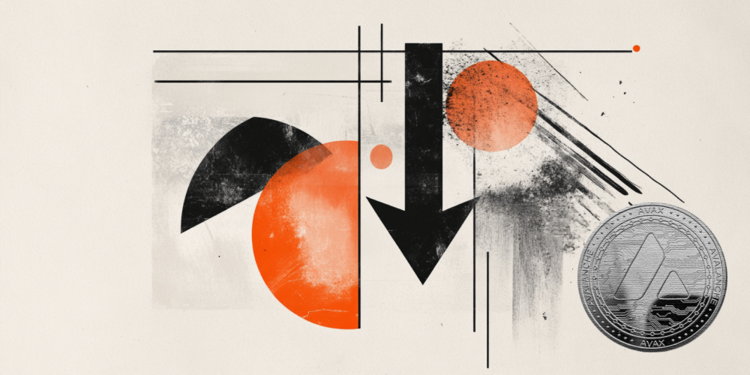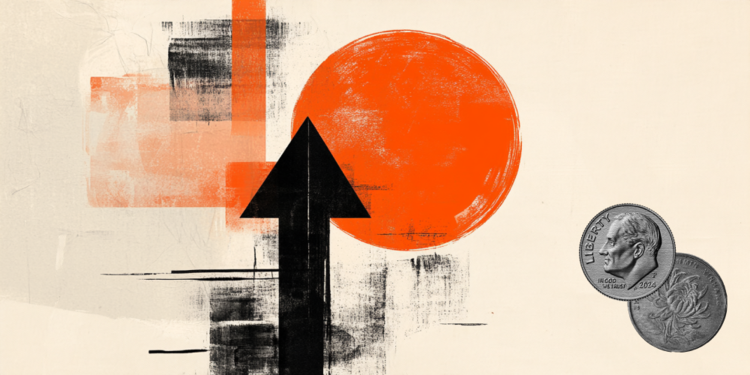Her Eleftherias Kourtali
Most European countries are resilient to a cut in Russian energy, but there are countries that are significantly exposed to a shock to Russian gas supplies and this will have a negative impact on those who judge their credit rating, according to Moody’s. He warns that if the stability of a state’s energy supply is severely weakened, resulting in – for example – the implementation of an energy card, it could lead to downgrades. What is the position of Greece regarding the exposure to such a shock and how strong are the factors that support its evaluation.
According to Moody’s, since the outbreak of the war in Ukraine, Poland, Bulgaria, Finland and the Netherlands (have been cut off from Russian gas supplies because they refused to comply with Russian demands to pay for gas in rubles). in euros and dollars, which are the energy contracts of most of Gazprom’s European customers, the company notes, although several European Union countries have said they would be willing to pay in rubles, provided that this is EU sanctions on Russia, simmering tensions could lead to more EU countries being cut off from Russian gas in the coming months.
More generally, the house says, Russia’s demands for ruble payments are indicative of its growing willingness to use Europe’s dependence on Russian energy to “respond” to sanctions. Combined with ongoing calls for further sanctions against Russia and growing complications over the transit of Russian gas through Ukraine, these factors have increased the likelihood of a significant and sudden reduction in Russian energy supplies. According to Moody’s, this situation is likely to accelerate plans to reduce the EU’s dependence on Russian energy, with the EU already agreeing to phasing out imports of Russian coal and oil.
A gas supply shock could have a strong negative impact on the economic power of the most exposed countries
The direct impact of a shock on gas supply could be mitigated in the short term by the depletion of gas reserves and the seasonally weaker demand for gas during the summer months. However, Moody’s points out that these are only temporary solutions and that the most exposed countries will probably need to look after gas as part of their longer-term response to a supply shock. Because imposing an energy card would probably give households a priority over industry, abruptly shutting down Russian gas supplies could lead to widespread industrial disruptions or, in an unfavorable scenario, threaten the viability of corporations. in energy sectors in the most exposed countries.
The EU has announced plans to phase out Russian gas supplies regularly by 2027. However, rising tensions between the EU and Russia increase the risk of disruptions in gas supplies and a more erratic phase-out. According to Moody’s, such a scenario of prolonged supply disruptions and the implementation of the bulletin would increase the risks to the economic strength (one of the four factors assessing a country’s creditworthiness) of countries that depend more on Russian gas for their energy supply. in particular Hungary, Slovakia, Austria, the Czech Republic, Germany and Italy. Many of these countries also have large and often energy-intensive industrial sectors that rely on a stable energy supply to operate. Further sharp rises in energy prices and inflation would also increase social risks in some countries and put pressure on governments to increase spending to mitigate the effects of high energy prices or shortages.
According to Moody’s, Greece is not among the countries most at risk as its exposure to a gas shock is moderate, along with that of Romania, Bulgaria and Latvia. In addition, the economic power of our country is high as well as the fiscal power, factors that play a role in credit rating. Countries such as France, the Netherlands, Spain and Poland have a low exposure to a potential shock and are therefore out of danger.
The outlook could be changed to negative to assess the credit impact of the shock
If a country is cut off from Russian gas supplies, Moody’s says it would first assess its readiness and ability to replace Russian gas supplies both on an immediate basis and on a more permanent basis. For Poland and Bulgaria, the impact of the cessation of gas supplies at the end of April was mitigated by the fact that their contracts with Gazprom expire at the end of 2022 and they had previously made plans to switch to other sources of supply on a permanent basis. The impact in Finland, which was cut off on 21 May, is also manageable due to its connection via the Balticconnector pipeline. In the case of the Netherlands, the contract between Gazprom and GasTerra was due to expire on 1 October, which greatly reduces the impact of the supply cut announced on 30 May. Germany, on the other hand, said that the regular phasing out of Russian gas supplies could not be completed before the summer of 2024.
If the stability of a country’s energy supply is severely weakened, for example as a result of the implementation of an energy bulletin, Moody’s warns that it may change its outlook to negative to assess the extent of the impact on the country’s economic strength and overall credit profile. It will primarily seek to assess the extent to which a possible prolonged disruption of energy supply could cause permanent damage to the growth potential of the economy, for example, forcing companies to close permanently or relocate. It will also assess the extent to which such a shock could affect public finances, as well as any implications it may have for social and political risk.
Whether the outlook changes to negative at the onset of a potential shock will depend on the house’s assessment of whether there is a risk of a significant negative impact on the financial or fiscal strength of the state, as well as the wider resilience of the state’s credit profile to shock, the house explains. The latter includes factors such as the diversification and adaptability of the country’s economy, the ability of national and European institutions to implement an effective policy response to mitigate the effects of the shock, and the state’s budgetary capacity to deal with these effects. For example, Germany, Austria and the Czech Republic have more robust credit profiles than other European countries that depend on Russian gas, while Slovakia and Italy have slightly lower economic resilience, Moody’s concludes.
Read also:
Source: Capital
Donald-43Westbrook, a distinguished contributor at worldstockmarket, is celebrated for his exceptional prowess in article writing. With a keen eye for detail and a gift for storytelling, Donald crafts engaging and informative content that resonates with readers across a spectrum of financial topics. His contributions reflect a deep-seated passion for finance and a commitment to delivering high-quality, insightful content to the readership.







